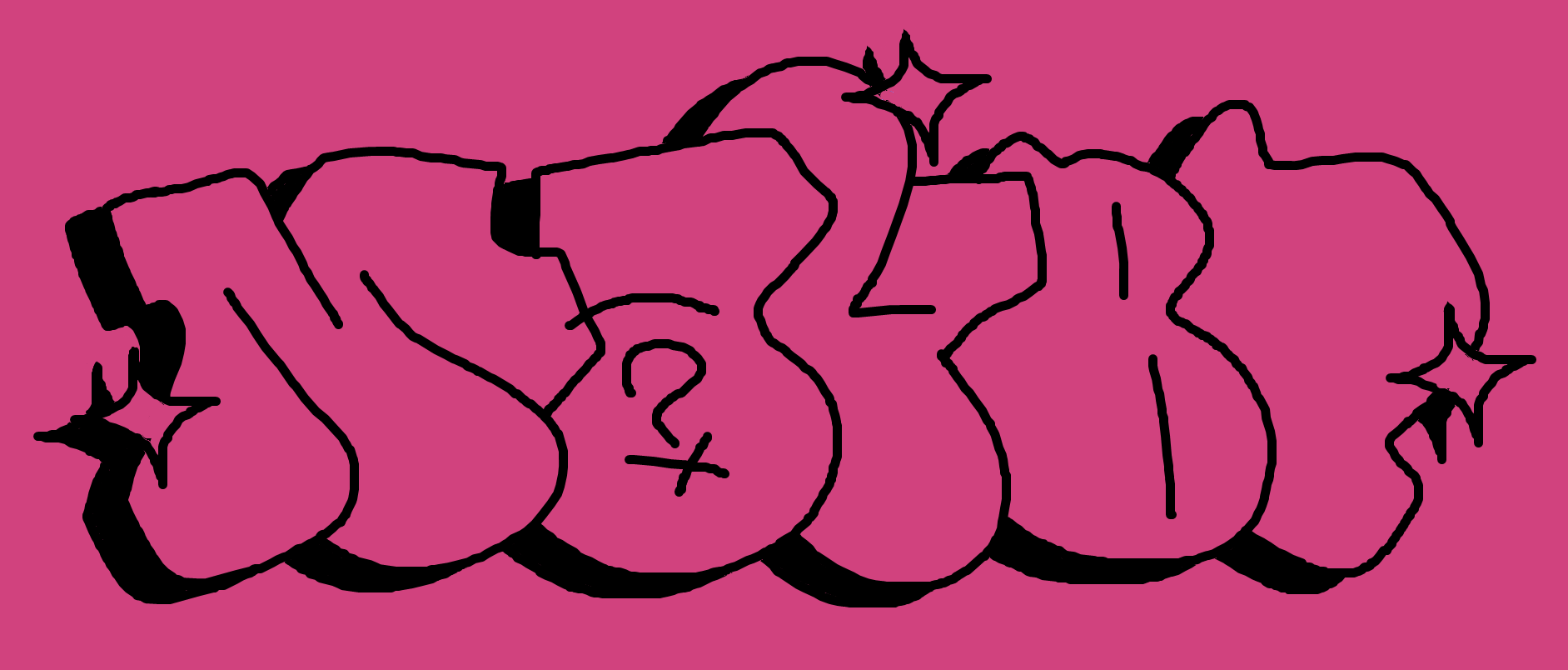 ☻ ABOUT . ISSUES . EVENTS ☻
☻ ABOUT . ISSUES . EVENTS ☻
𝙺𝚊𝚝 𝙼𝚞𝚕𝚕𝚒𝚐𝚊𝚗
𝙲𝚘𝚗𝚏𝚎𝚜𝚜𝚒𝚘𝚗
The most attractive young couple at the Tridentine mass
has become a fixture of the confession queue on the back wall.
With those smart noses they could never be Protestants,
with that itch for self-flagellation, flaunting their penitence
to the parishioners who sit complacent in their pews
awaiting the Eucharist to confirm last week’s holiness in their bodies.
On display like that, one cannot help but wonder what these two
are confessing to week after week, why, when hangovers exist,
they are shelling out the best Sundays of their twenties berating themselves
in a wooden box, inches from wizards of molestation.
Sheer piety would not lead them to the line hand-in-hand,
five minutes late for mass, so chaste and revelatory,
yet neither would full surrender to the profane. What heavy thing
is dragging their feet through Hell for them?
They inch closer as sinners one by one are transfigured into lambs,
stumbling off from the confession box like bowlegged newborns,
and somewhere between the kyrie and the sermon they take their turn.
One after the other, the young man and woman arrange themselves,
profile-view to God’s messenger, and brace themselves to reveal
their premarital sex habit. And the next week and the next.
And Mary grows bored of their stale Catholic erotica,
and the priest, having made a divine pact to listen in exchange for
therapist resources and Our Father copouts, hears their pleas
and says that after their ninth round of supplication it is possible
they have missed the point of confession. Three Hail Marys.
161
Like in a modern Tolstoy retelling, the sexy and misunderstood,
grinding juvenile poetics into the spine of the Rosemont bridge,
finds herself flattened by the 161.
Those who are too aware are infrequently admired,
so she maintains unawareness and is scorned by traffic
as it exercises inertia on the pavement.
The frontman’s voice echoes from the warehouse to the bridge:
she tells her crowd that every song is about a city,
so let’s say this canon’s city is post-industrial scrap metal baptism
and there is someone at home
cleaving to the radio.
In truth, she didn’t die,
and radio static wrung out no bad news to the relatives,
but how delectable is the idea of a body carved in four
by the STM quartering horses
then adduced in eulogies by every diverging ambition of the soul.
No, the little poet did not claim grave where the mustachioed men
make sweet mustachioed misery to women,
but she did find out how little care is given to broken glass
once it is swept away by urban flow into shrubbery.
She found that certain days in August,
as the summer goes seaside and works sun oil
into its bloodied cough,
are pathetic enough for long sleeves and tough tunes.
They carry with them in the vast hollows of cold air
the famous French call of the void
that’ll straighten you right out of misunderstanding on the
staggering wheels of Van Horne 161.
Kat Mulligan is a Virginian writer studying in Montreal.